People
Directorate

Sophie Thérèse Ambler
Director
Sophie Ambler (FRHistS, FHEA) is Reader in Medieval History at Lancaster University. She works on the history of war in medieval Britain c.1100-1400, taking in military recruitment, the experiences of low-status combatants and war-torn populations, battlefield medicine, battlefields and conflict landscapes, and the shifting patterns of thought concerning personal responsibility in conflict, including post-conflict justice and the history of treason. She deploys her interest in battlefields and conflict landscapes in working with third-sector organisations committed to preserving, researching, and bringing new audiences to heritage sites, for instance as a Panel Member of the Battlefields Trust's Battlefields Panel, providing expert advice on battlefield research, development threats, and strategy and policy. In Cumbria, as a Trustee of Lowther Castle and Gardens Trust, she leads the Lowther Medieval Castle and Village project, which unites History and Archaeology to uncover the Norman conquest and colonisation of the Kingdom of Cumbria in 1092. Her current work builds on her previous research on the ethics and practice of war, politics, rebellion and revolution in medieval Britain, set out in two monographs: The Song of Simon de Montfort: England's First Revolutionary and the Death of Chivalry (Picador and OUP, 2019) and Bishops in the Political Community of England, 1213-1272 (OUP, 2017). Sophie holds a Philip Leverhulme Prize in History (2020) and in Michaelmas 2022 was a Visiting Fellow at All Souls College, Oxford. She enjoys writing for and speaking to a broad public audience through TV, radio and print.
Dr Sophie Therese Ambler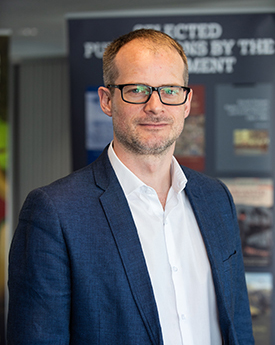
Marco Wyss
Deputy Director
Marco Wyss (FRHistS, FHEA) is Professor of International History and Security at Lancaster University, a Research Fellow at the Department of Military History, Faculty of Military Science, Stellenbosch University, and a Senior Research Fellow at the Institute of Commonwealth Studies, School of Advanced Study, University of London. Previously, he was a Senior Lecturer in Politics and Contemporary History at the University of Chichester, and a Senior Researcher at the Center for Security Studies, ETH Zurich. He gained his PhD from the Universities of Nottingham and Neuchâtel, and currently works on Britain’s and France’s postcolonial security roles in West Africa. He is the editor of the International Journal of Military History and Historiography, and co-editor of Brill’s ‘New Perspectives on the Cold War’ book series. He is, among other works, the author of Un Suisse au service de la SS (Alphil-Presses universitaires suisses, 2010), Arms Transfers, Neutrality and Britain’s Role in the Cold War (Brill, 2013) and Postcolonial Security: Britain, France, & West Africa's Cold War (Oxford University Press, 2021), and co-editor of Peacekeeping in Africa (Routledge, 2014), Neutrality and Neutralism in the Global Cold War (Routledge, 2016), The Handbook of European Defence Policies and Armed Forces (Oxford University Press, 2018) and Europe and China in the Cold War (Brill, 2018).
Professor Marco WyssMembers
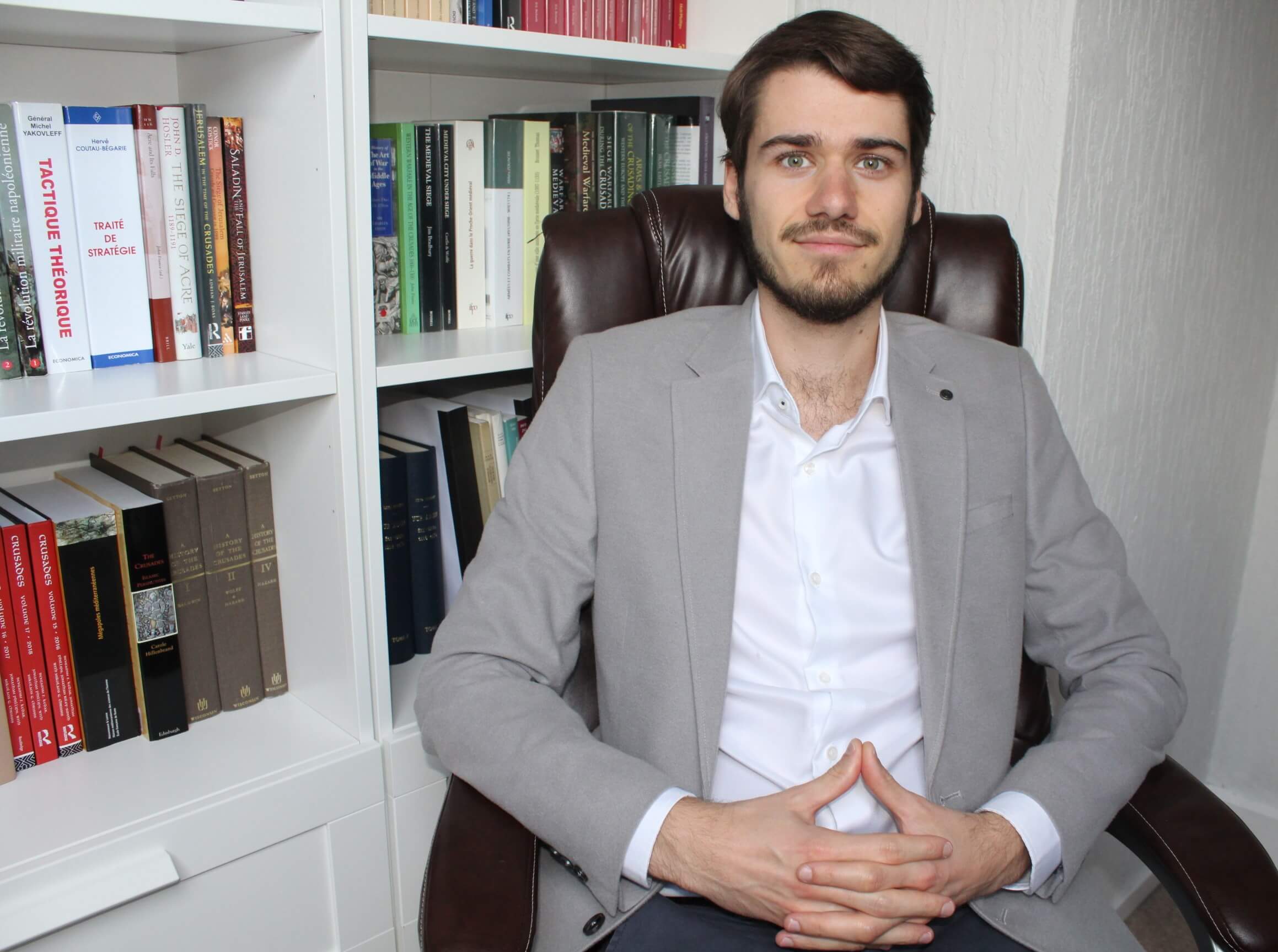
Thomas Brosset
Thomas Brosset is a PhD student at Lancaster University, funded by the Faculty of Arts and Social Sciences studentship. He is supervised by Dr. Sophie Ambler and Dr. Corinna Peniston-Bird. Before undertaking a PhD, Thomas completed a BA in History at the Univeristé de Strasbourg followed by an MA in History at the Université de Nantes. His research deals with besieged populations’ perspective of siege warfare in medieval Syria from 1097 to 1192, focusing upon Crusading as well as Islamic history. The living and fighting experience of inhabitants are central to this study, which aims to target every part of Oriental societies. This research thus considers seven key areas from the perspective of the besieged: logistics, economy, intelligence, contacts with enemies, religion and ritual, counter-offensive, and urban combat; cutting across these will be considerations of gender and social structures.
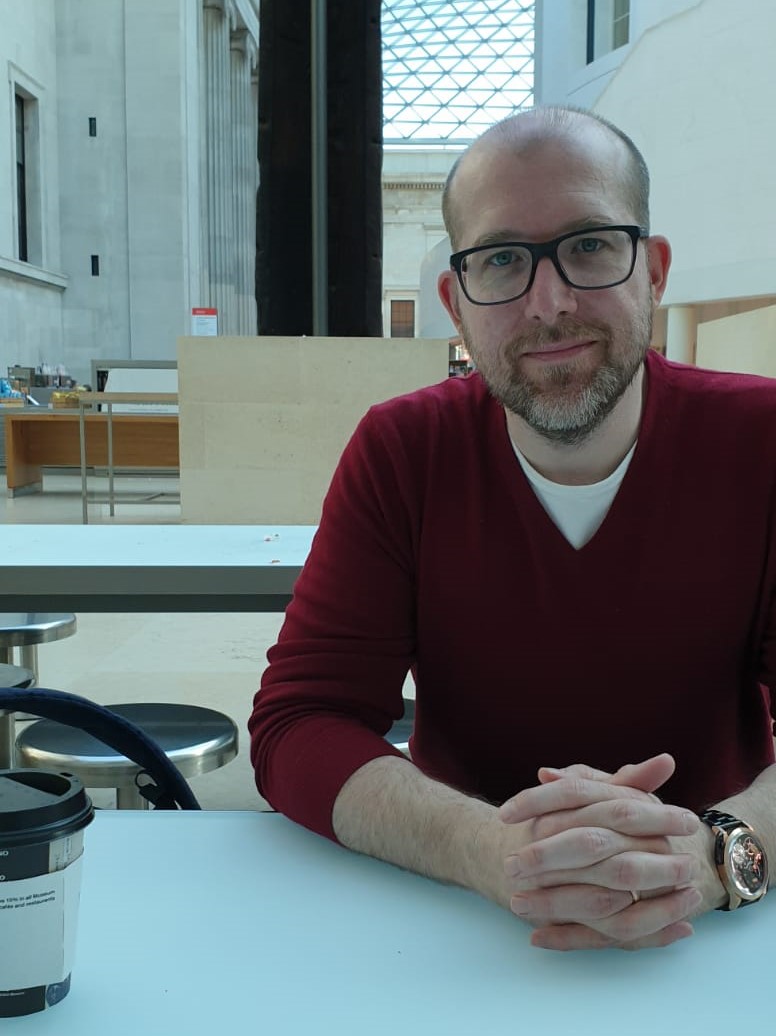
Michael Brown
Michael Brown (FRHistS, FHEA) is Lecturer in Modern British History at Lancaster University. His research interests span, and in many cases combine, the history of medicine and surgery, the history of emotions, the history of the body, and the cultural history of war, from the late eighteenth century to the early twentieth. He is the author of Performing Medicine: Medical Culture and Identity in Provincial England, c.1760-1850 (Manchester University Press, 2011) and Emotions and Surgery in Britain, 1793-1912 (Cambridge University Press, 2022) as well as the co-editor of Martial Masculinities: Experiencing and Imagining the Military in the Long Nineteenth Century (Manchester University Press, 2019). He has written articles on a range of topics relevant to the history of war, including the impact of modern technology on ideas of military masculinity, and the ambivalent imaginative relations between medicine, empire, and warfare in the nineteenth century.
Dr Michael Brown
Joe Burton
Joe Burton is Professor of International Security (Security and Protection Science) in the Department of Politics, Philosophy and Religion. His expertise is in the area of Cyber Conflict and Emerging Technologies. He has worked at the highest levels of professional politics and policy, as a ministerial advisor in New Zealand and the UK, national campaign coordinator, legislative assistant, researcher, and political organiser. Joe holds a Doctorate in International Relations and a Master of International Studies degree from the University of Otago and an undergraduate degree in International Relations from the University of Wales, Aberystwyth. Prior to joining Lancaster, he held permanent positions at University of Nottingham and University of St Andrews and was a Marie Curie (MSCA-IF) research fellow at Université libre de Bruxelles (ULB), working on the two-year European Commission funded project CYBERCULT: Strategic Cultures of Cyber Warfare. He is the coordinator of the Jean Monnet Network, European Cyber Diplomacy (CYDIPLO). Joe’s research has been published in Technology in Society, International Affairs, Journal of Global Security Studies, Defence Studies, Asian Security, the Journal of Cyber Policy, and the Cyber Defence Review, among others. He is the author of NATO’s Durability in a Post Cold War World (2018, SUNY Press) and editor of the Routledge volume Emerging Technologies and International Security: Machines the State and War (Routledge, 2020). He is the recipient of the US Department of State (DoS) SUSI Fellowship (New York, Washington D.C.), the Fernandes Fellowship (University of Warwick), the Taiwan Fellowship (Ministry of Foreign Affairs, Taipei), and has been a visiting researcher and lecturer at the NATO Cooperative Cyber Defence Centre of Excellence (CCDCOE, Tallinn, Estonia).
Professor Joe Burton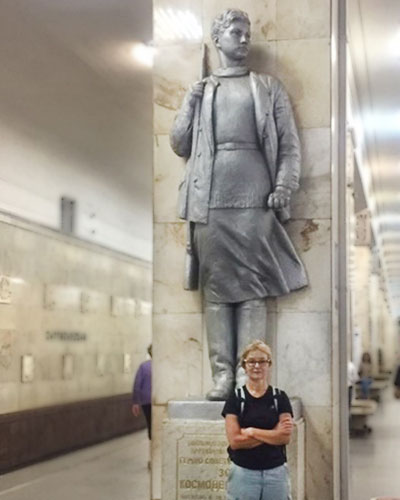
Mercedes Camino Maroto
Mercedes Camino Maroto is a cultural historian with many interests, one of which is women’s activities and experiences in the wars, revolutions and conflicts of Europe’s ‘age of catastrophe’ (1933-45). She has worked extensively on the Spanish Civil War, as well as film, history and memory of the anti-Nazi resistance and the Holocaust. She is currently investigating the production, reception and preservation of letters written by partisan women in France, Belarus, Russia and Romania during the Second World War.
Professor Mercedes Camino Maroto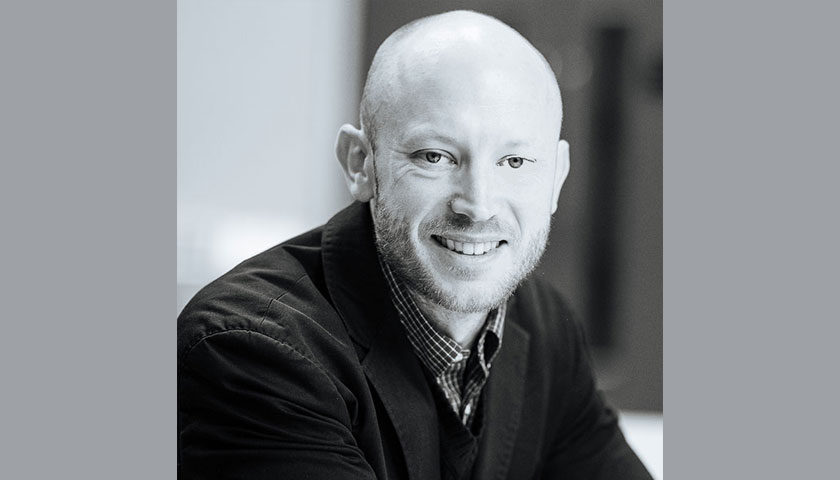
Andrew Chubb
Andrew Chubb is Senior Lecturer in Chinese Politics and International Relations in the Department of Politics, Philosophy and Religion, and acting director of the Lancaster University China Centre. A graduate of the University of Western Australia, Andrew’s research examines the linkages between Chinese domestic politics and international relations, with a focus on the role of domestic public opinion in international crises. More broadly, Andrew’s interests include maritime and territorial disputes, strategic communication, political propaganda and Chinese Communist Party history. He is the author of PRC Overseas Political Activities: Risk, Reaction and the Case of Australia (Routledge, 2021) and Chinese Nationalism and the Gray Zone: Case Analyses of Public Opinion and PRC Maritime Policy (Naval War College Press, 2021), and recent articles in International Security, Journal of Contemporary China, International Relations of the Asia-Pacific.
Dr Andrew Chubb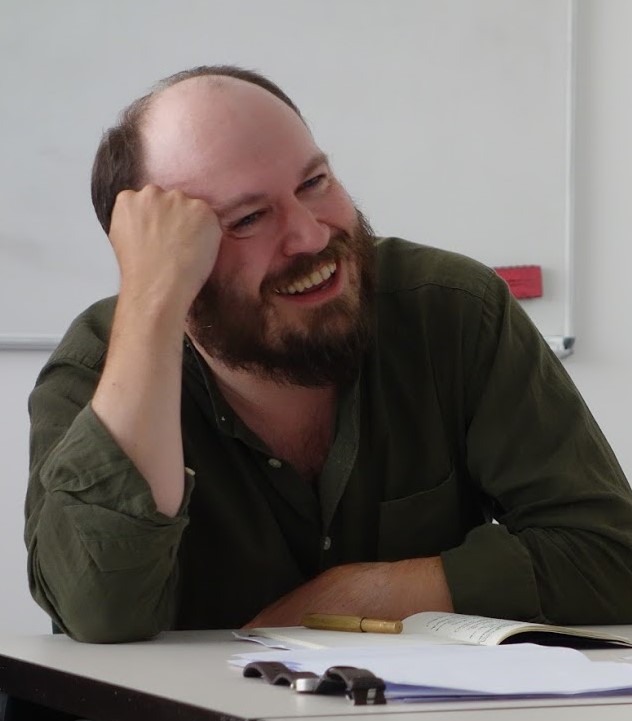
Sam Clark
Sam Clark is a philosopher interested in the self; in good and bad lives it might lead; in its reflexive powers and practices; in the roles of experience, reflection, and institutions in its development and success; and in how to do philosophy so as to advance our understanding of these issues. These interests have lead him to think, write, and teach about capitalism and anarchism; utopias, dialogues, and autobiographies; well-being, pleasure, and self-realization; self-knowledge, self-interpretation, and self-command; the lives and experiences of monks, soldiers, hermits, and solo travellers; and the transformative effects of work and war. He is particularly interested in the phenomenology, ethics, and literature of war and soldiering. In this area he has written about comradeship, the idea of the warrior as distinguished from the soldier, and the powers and meanings of martial autobiography. He is co-investigator, with Liz Brewster (Lancaster Faculty of Health and Medicine) of the 'Military Lives and Transformative Experiences' project, which conducts and analyses autobiographical interviews and workshops with military veterans.
Dr Sam Clark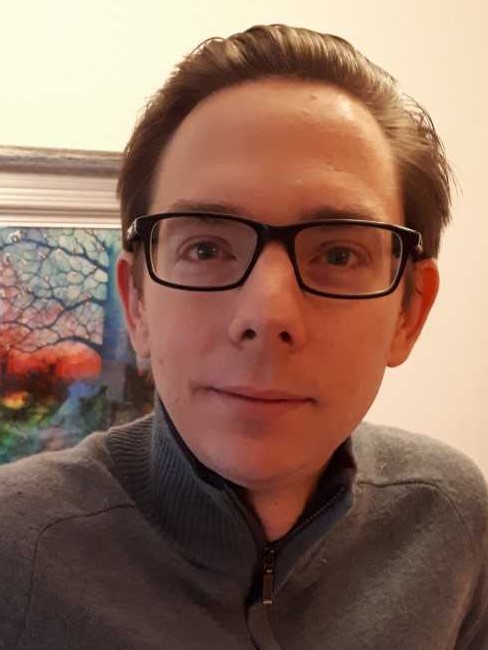
Basil Germond
Basil Germond is Professor of International Security at Lancaster University. Prior to his coming to Lancaster in 2011, he was Visiting Research Fellow at the University of Oxford and Research Fellow at the University of St Andrews. He got his PhD from the Graduate Institute of international Studies (Geneva). His research is cross-disciplinary (International Relations, Human Geography, History) and aims at understanding human, social and political interactions at, from, within, and with the sea. An expert in naval and maritime affairs he has published two books and in excess of 45 academic articles, book chapters and policy papers on seapower, maritime security, and the geopolitics of the sea. He has advised Government and Parliament on questions related to the maritime dimension of Global Britain, maritime security as well as the impacts of climate change on maritime criminality.
Dr Basil Germond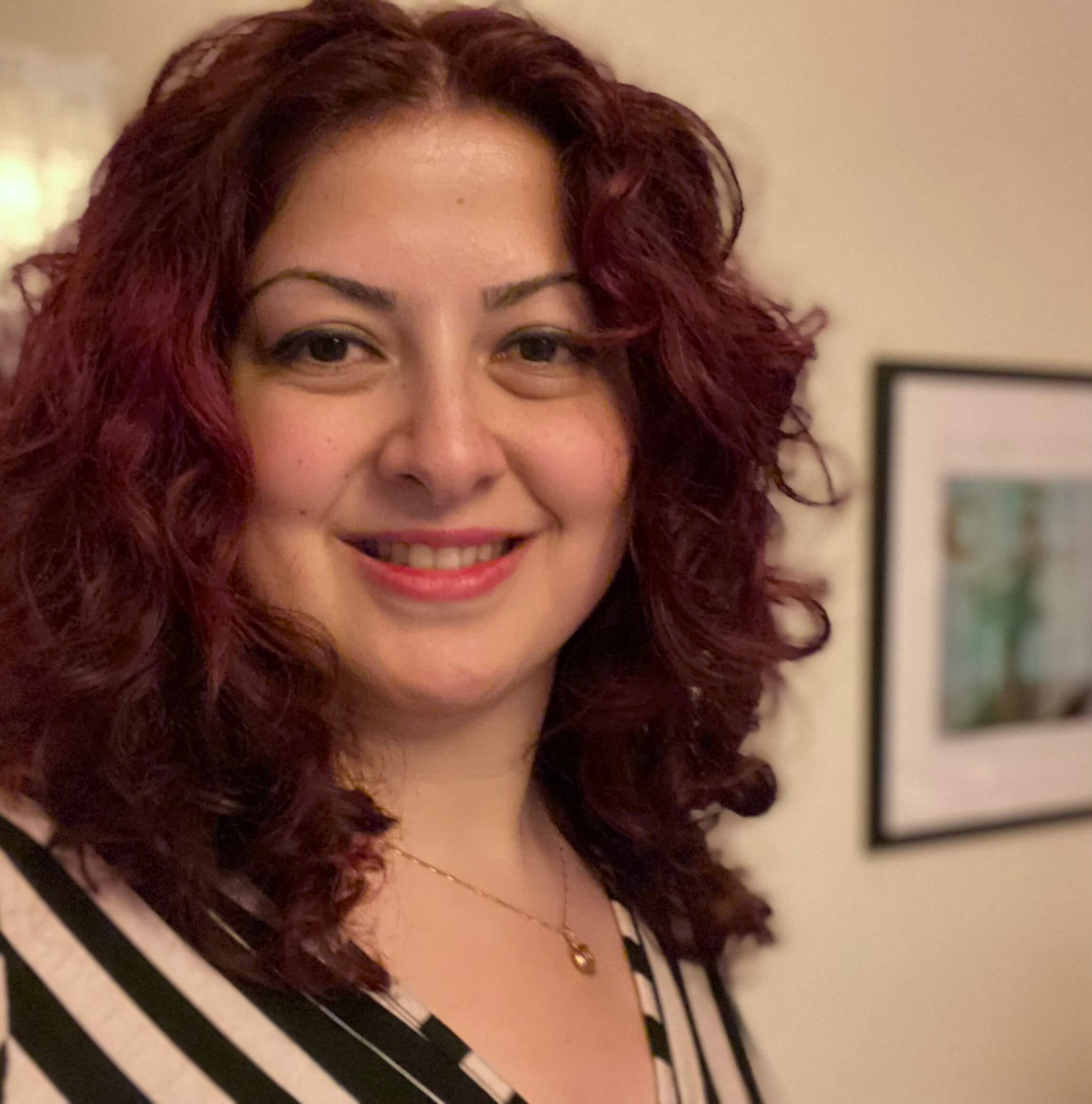
Maryam Ghorbankarimi
A lecturer in film practice at Lancaster University, Maryam Ghorbankarimi is a filmmaker and film scholar. She completed her PhD in film studies at the University of Edinburgh in 2012 and her dissertation was published as a book entitled A Colourful Presence: The Evolution of Women’s Representation in Iranian Cinema (Cambridge Scholars Publishing, 2015). Her current research is on transnational cinemas and cultures, specifically the representation of gender and sexuality in Iranian cinema. Her edited volume on seminal Iranian female filmmaker Rakhshan Banietemad, ReFocus: The Works of Rakhshan Banietemad is published in spring 2021 (Edinburgh University Press). She is a fellow of the Higher Education Academy and has developed new practice-based modules in film at Lancaster University.
Dr Maryam Ghorbankarimi
Maxwell Green
Maxwell Green is a PhD candidate in the Faculty of Arts and Social Sciences at Lancaster University, supervised by Dr. Amalendu Misra and Dr. Kunal Mukherjee. His research focuses on sexual violence and rape perpetrated against males during the Rwandan genocide, and assessing the role played by women as perpetrators of this violence.
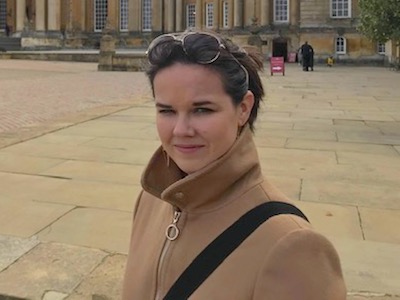
Meredith Guthrie
Meredith Guthrie is a PhD student at Lancaster University, researching a comparative study of the establishment and evolution of minority governments in England c. 1200-1500. Central to her investigation are questions regarding appeals to precedent in the construction of these interim regimes, as well as authority and practice in the conduct of domestic politics and foreign diplomacy at those times when councils and regents governed on behalf on an underage monarch.

Samuel Hollins
Samuel Hollins is an AHRC-funded PhD candidate at Lancaster University. Before undertaking PhD study, Samuel completed a BA in History and International Relations at Lancaster University, followed by an MA in Conflict, Security, and Development at the University of Exeter. Samuel has served as a research assistant for the Exeter Central Asian Studies Network’s Central Asian Political Exiles project, as well as a research and analysis intern for the Ministry of Defence’s Development, Concepts and Doctrine Centre. His project – which is in collaboration with the Royal Air Force Museum and is supervised by Dr Marco Wyss and Dr Thomas Mills – seeks to explore Britain’s political, economic, and strategic rationale and role in the multinational European co-operation that produced the Panavia Tornado multirole combat aircraft. This project draws from both archival material and oral history, and cuts across multiple academic disciplines including international relations, political science, military history, economic history, and international history.

Michael Hughes
Michael Hughes is an historian of Russian history in the 19th and 20th centuries with a particular interest in Russia’s interactions with the wider world. He has a particular interest in the way in which transnational cultural interactions shape diplomatic and political relations between states. Michael Hughes is the author of six monographs and more than fifty scholarly articles. He is co-editor of a number of volumes in the multi-volume collection Russia’s Great War and Revolution (Slavica), which contains contributions from numerous scholars around the world. He is currently writing a book on transnational revolutionary networks in the years before the Russian Revolution. Michael Hughes has broadcast widely on radio and television and served as Treasurer of a number of scholarly societies including the Royal Historical Society and the British Association for Slavonic and East European Studies.
Professor Michael Hughes
Sandra Kemp
Sandra Kemp is Director of The Ruskin - Library, Museum and Research Centre and Professor of Heritage Futures at Lancaster University. As an academic and curator, she has an international track record of successful delivery of interdisciplinary, collaborative and industry-related research and curation. Her previous roles have included the V&A, the Royal College of Art, the National Portrait Gallery, the Smithsonian Institution in Washington DC, and the Universities of Oxford, Southampton and Glasgow. She is currently Visiting Professor in the Department of Materials at Imperial College London. Her expertise in museum curation and her understanding of how museums can shape and imagine the future, and as sites or social agency and activism are at the heart of the 2019 relaunch of The Ruskin, and its world-class collections. Her futures-related work includes the exhibition ‘Ruskin: Museum of the Near Future’, and the exhibition and monograph, ‘Future Face: Image, Innovation, Identity’ at the London Science Museum. She led ‘The Future is our Business: The Visual History of Future Expertise’ project at the Victoria and Albert Museum. Her current project ‘Universal Histories and Universal Museums’ (funded by the Arts and Humanities Research Council (UK) and LABEX (France): https://universalhistories.org/ ) on the role of the museum in building knowledge about the future is in collaboration with museums internationally. The Ruskin and the CWD are co-developing an interdisciplinary exhibition on the historical relationship between innovation and the development of destructive technologies.
Professor Sandra Kemp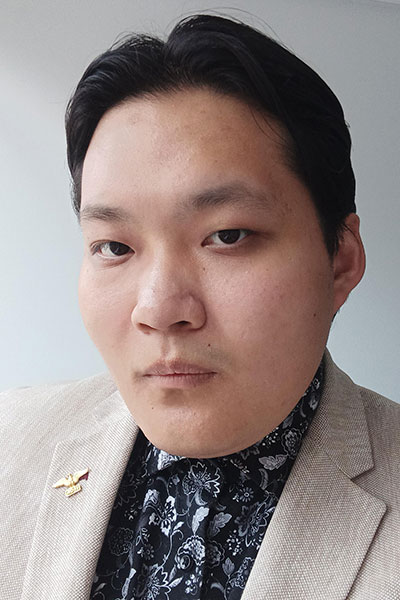
Yongrui Li
Yongrui Li is a PhD student at Lancaster University. His major research focuses on Chinese military intervention and the decolonisation of Southern Africa during the Cold War era (1960-1990). His interests include the relevance of China's African policy and domestic politics during the Cold War; the similarities and differences in the strategies and methods between China and other countries (the Soviet Union, Cuba) in southern Africa militarily interventions; and the strategies and tactics of the various factions in counter-insurgency warfare in southern African countries during the Cold War.
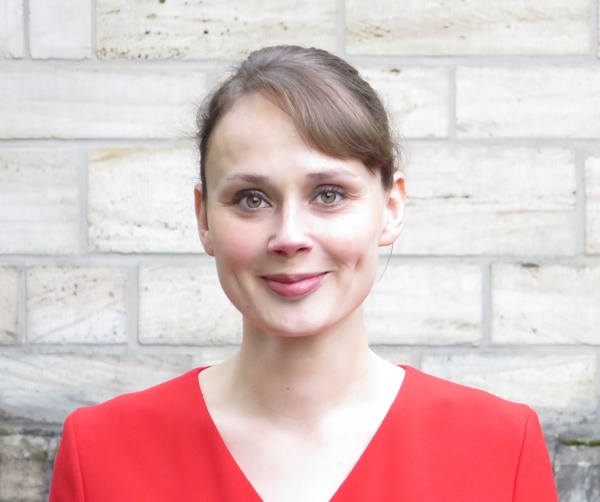
Anna-Sophie Maass
Anna-Sophie Maass is a Lecturer in International Relations and Diplomacy in the Department of Politics, Philosophy and Religion at Lancaster University. After having graduated with a PhD in Politics and International Relations from La Trobe University, Anna-Sophie worked at the College of Europe (Natolin) before taking up a Lectureship in European Politics at the University of Groningen. Her research is at the intersection of European Studies and International Relations. An assessment of the reasons shaping the gradual deterioration of EU-Russian relations is at the core of her monograph EU-Russia Relations 1999-2015. From Courtship to Confrontation (Routledge, 2016). Anna-Sophie’s research interests also focus on EU diplomacy, EU foreign policy towards the post-Soviet space and Russian politics. Within the research consortium EU Foreign Policy Facing New Realities: Perceptions, Contestation, Communication and Relations, funded by the European Cooperation in Science and Technology (COST), CA17119: https://foreignpolicynewrealities.eu/ Anna-Sophie coordinates a working group aimed at the professional development of early career researchers and launched a policy brief series.
Dr Anna-Sophie Maass.jpg)
Cindy May
Cindy May is a Lecturer in Politics in the Politics, Philosophy and Religion (PPR) Department at Lancaster University. Before joining Lancaster, she was a Fellow at the London School of Economics. She was previously a lecturer at Queen Mary University of London and at King’s College London. At King’s she taught professional military education at the UK Defence Academy. She has worked at the US State Department on two occasions. She completed her PhD in Politics and International Studies at the University of Cambridge. Her doctoral thesis examined US military interventions in the Middle East and North Africa. Cindy received an MPhil in International Relations from the University of Cambridge and a B.A. (Hons) in Politics, International Studies, and Spanish from Butler University (USA). Her research interests include US foreign and security policy, Middle East politics, security, and Salafi-Jihadist terrorism. Her current research focuses on three projects: 1) the connection between US power projection and waves of American decline, 2) the Islamic State, and 3) US counterterrorism policy.
Dr Cindy May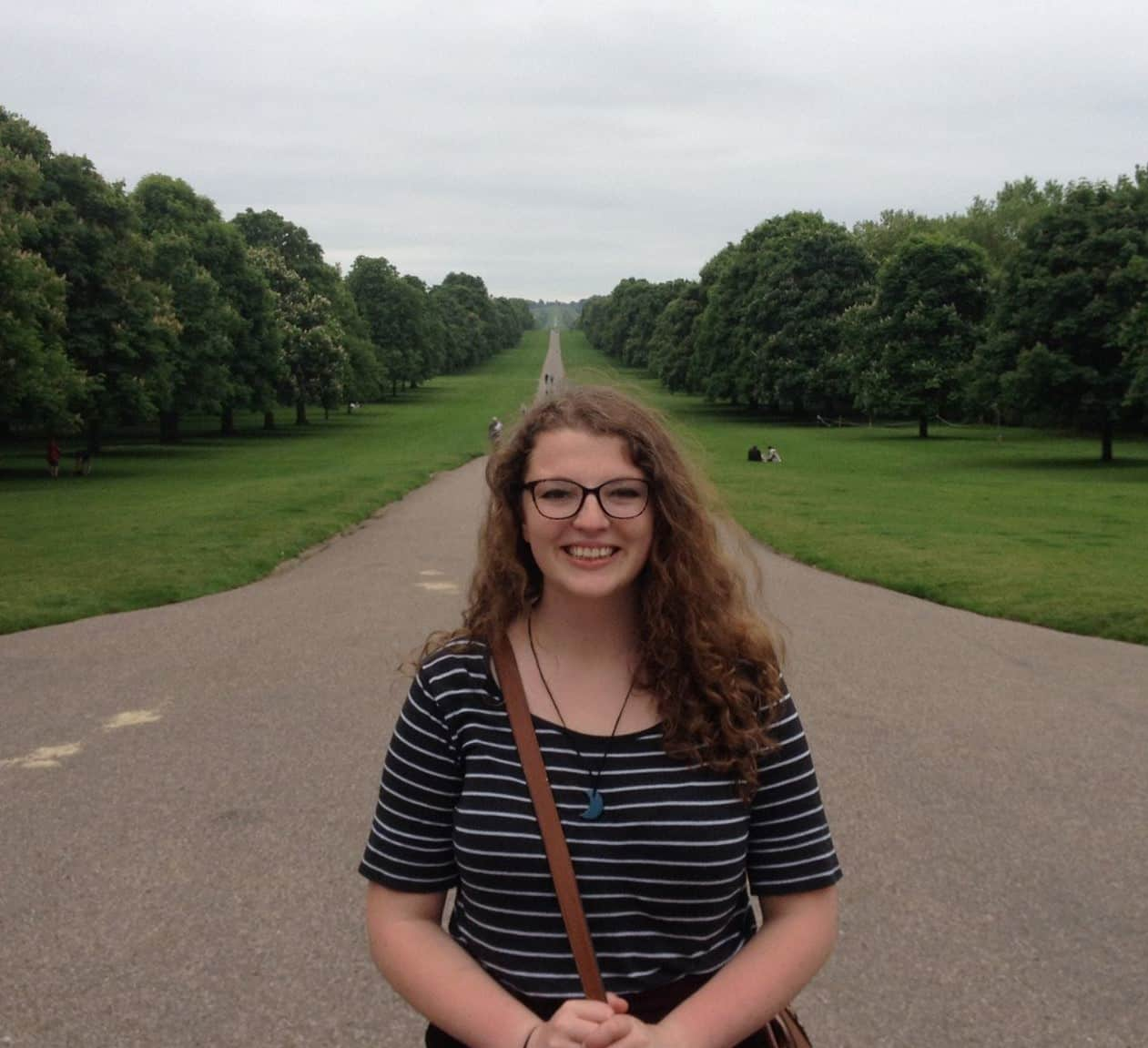
Jenny McHugh
Jenny McHugh is a PhD candidate at Lancaster University, funded by the Faculty of Arts and Social Sciences studentship, supervised by Dr. Sophie Ambler and Dr. Fiona Edmonds. Her research focuses upon concepts of loyalty and duty as experienced by the Scottish Church during David II of Scotland’s reign and the Second Wars of Independence. Diplomacy and warfare are key themes to this, since the papacy in the 1300s acted as the key mediator of European warfare. Scottish clergymen had to carefully negotiate their loyalty to their religious community, over which the Pope presided, and their regional loyalties to their secular lords. Fourteenth-century conflict irreversibly damaged the Scottish Church and the varied political stance of differing groups of clergymen can be attributed to this destruction. Her research examines these themes to understand why the Church failed to unite against English invasion as it previously had during the First Wars of Independence.
Jenny McHugh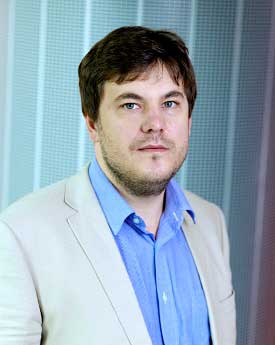
Thomas Mills
Thomas Mills is Senior Lecturer in Diplomatic and International History at Lancaster University, a Fellow of the Royal Historical Society, and an Associate Fellow of Canning House. He is Chair of the Transatlantic Studies Association and an Editorial Board member of the Journal of Transatlantic Studies. His research lies in the field of modern international history, with a particular focus on political and economic relations between Britain and the United States. His publications include Post-war Planning on the Periphery (Edinburgh University Press, 2012), Britain and the Growth of US Hegemony in Twentieth-Century Latin America (Palgrave-Macmillan, 2020), as well as articles published in International Affairs and Diplomacy and Statecraft. He has a strong interest in applying historical knowledge towards a greater understanding of contemporary events and has collaborated with the Foreign, Development and Commonwealth Office and think tanks including the British Foreign Policy Group.
Dr Thomas Mills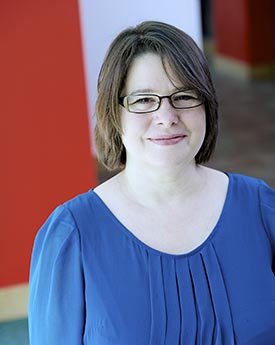
Corinna Peniston-Bird
Corinna Peniston-Bird is a Professor of Gender and Cultural History who has worked extensively on the combat taboo, and on masculinities and femininities at war. Since 1998, her research and teaching has centred on gender dynamics in Britain in the Second World War. Previous publications include ‘Of hockey sticks and Sten guns : British auxiliaries and their weapons in the Second World War’ Women's History Magazine, Autumn 2014, No. 76, 2014 ‘and the co-edited special issue: with Wendy Ugolini, Journal of War and Culture Studies ‘Silenced Mourning;’ (2014). She has also co-edited three collections, with Emma Vickers, Gender and the Second World War: Lessons of War (Palgrave Macmillan, 2016); Sarah Barber, History beyond the Text: A Student's Guide to approaching alternative Sources. (London: Routledge, 2008); with Gerard DeGroot, A Soldier and a Woman: Sexual Integration in the Military. (Harlow: Pearson Education, 2000).
Professor Corinna Peniston-Bird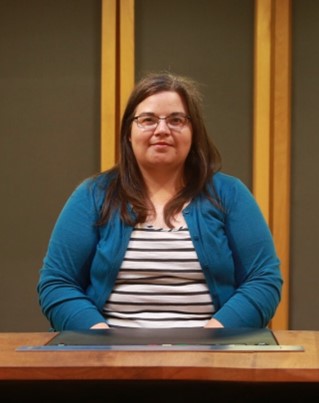
Sarah-Jane Pritchard
Sarah-Jane Pritchard is an EPRSC funded PhD student at Lancaster University. Her research focuses on security and policy challenges facing innovation and technological cooperation in outer space. She completed her undergraduate studies in Physics and Astronomy at Durham University before embarking on a twenty-year career working in governance and policy development for public sector and science research organisations. Between 2014 and 2022, Sarah-Jane was involved in the treaty negotiation and establishment of SKA Observatory, an astronomy research international organisation based in the UK. Returning to academia, Sarah-Jane completed an LLM degree in International law and Diplomacy at Lancaster in 2022 before embarking on her PhD. Sarah-Jane’s other research interests include science diplomacy and the law and governance of international organisations.
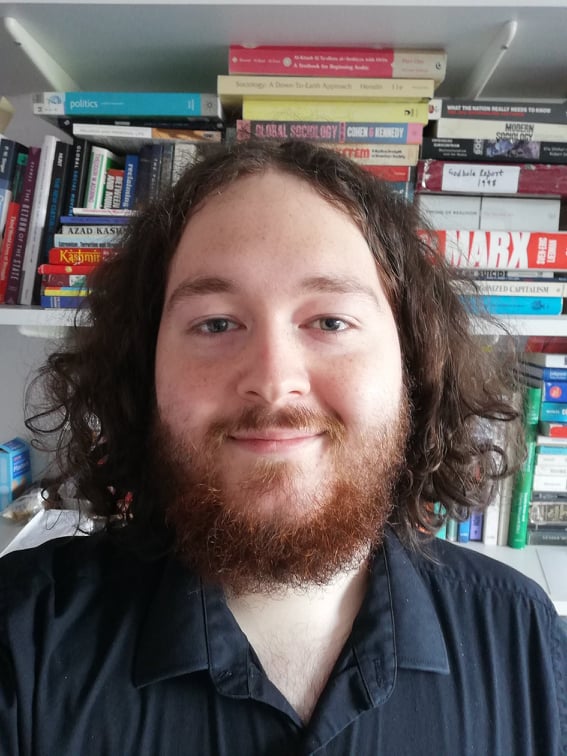
Jude Rowley
Jude Rowley is a postgraduate research student at Lancaster University, funded by the ESRC’s North West Social Sciences Doctoral Training Partnership. His research centres on diplomacy and International Relations (IR) theory with an historical dimension and aims to trace the influence of understandings of history and historical narratives on modern foreign policy and diplomatic practice. Operating at the intersection between history and International Relations, his work is interdisciplinary and draws upon wider debates around decolonisation, modes of historical thought, and power. By engaging with critical approaches to both IR theory and decolonial methodologies of history, his research seeks to challenge mainstream IR discourses and situate diplomacy and foreign policy in a broader historical and theoretical context. He has a particular interest in post-1945 British foreign policy, especially towards Latin America and Argentina, including the Falklands-Malvinas dispute and the 1982 Falklands War.
Jude Rowley
Amy Stanning
Amy Stanning is a PhD Student in the History Department at Lancaster University. Amy took her BA in History and AKC at King’s College London, before embarking upon a career in banking. Returning to academia, Amy took her MA at Lancaster as a member of the first cohort to take the CWD-sponsored MA in International and Military History. Amy is an ESRC-sponsored research student with her particular interest lying in the public finances of the British eighteenth century ‘Fiscal Military state’. Her research project considers the development of differential taxation contributions within the population as taxation policy evolved and consumer consumption developed in response to the commodities newly available within the expanding imperial economy.

James Summers
Dr James Summers is a Senior Lecturer in International Law and Director of the Centre for International Law and Human Rights in Lancaster University Law School. He is the author of International Law: Text, Cases and Materials (CUP, forthcoming) and Peoples and International Law (2nd edn, Nijhoff 2014), as well as, editor of Contemporary Challenges to the Laws of War (CUP, 2014); Kosovo: A Precedent? (Nijhoff, 2009); and Non-State Actors and International Obligations (Nijhoff, 2018).
Dr James Summers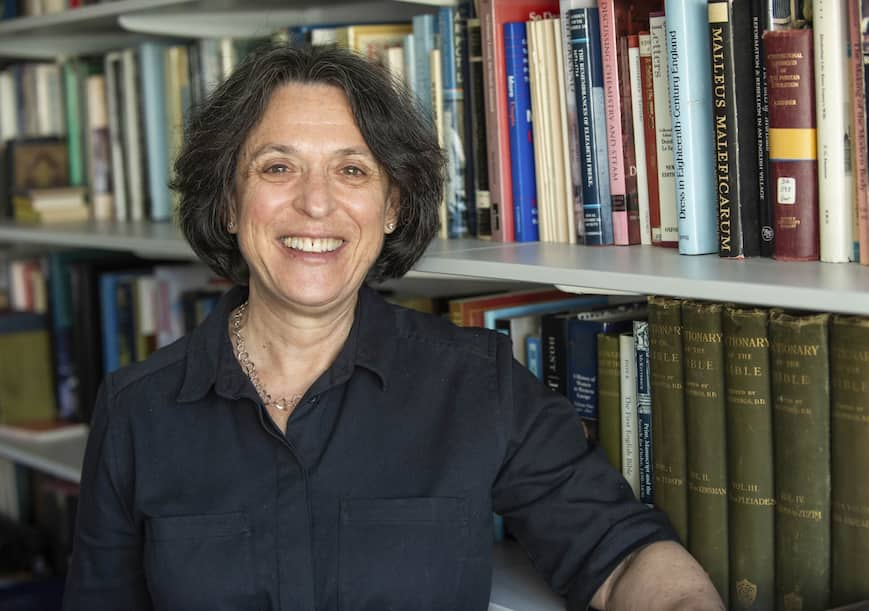
Naomi Tadmor
Naomi Tadmor specialises in English social history 1500–1800. Her main publications include: The Practice and Representation of Reading (coedited, Cambridge, 1996); Family and Friends in Eighteenth-century England: Household, Kinship and Patronage (Cambridge, 2001); and The Social Universe of the English Bible: Scripture, Society and Culture in Early Modern England (Cambridge, 2010). She is currently studying England’s welfare legislation and its wide-ranging effects. Central aspects of her research concern the Civil War and Britain’s long-term international wars. Naomi has completed her BA and MA at the Hebrew University of Jerusalem and her PhD at the University of Cambridge. She has held a Research Fellowship at Gonville and Caius College, Cambridge, and has taught at the universities of Cambridge and Sussex before joining Lancaster. She has been awarded Fellowships by the British Academy and Leverhulme Trust, the Folger Shakespeare Library, and the Huntington Library, and is Chair of Social History Society.
Professor Naomi Tadmor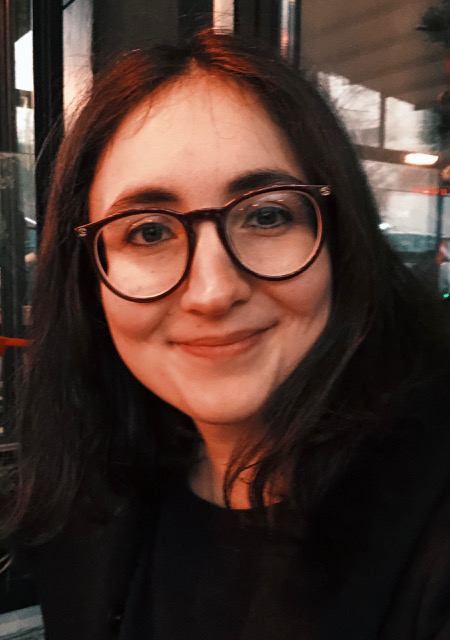
Gönenç Uysal
Gönenç Uysal is a Lecturer in International Political Economy at Lancaster University. Gönenç pursued her PhD at King’s College London. She works on International Political Economy and the Global South, with a particular focus on critical development studies, historical sociology, critical state theory, secularism and religion, political Islam, war and revolution, theories of imperialism, state-society relations in Turkey, and Turkey’s relations with the Global South, especially the Middle East and North Africa and Sub-Saharan Africa. Gönenç’s recent book Class, Capital, State, and Late Development: The Political Economy of Military Interventions in Turkey is forthcoming from Brill. Her co-edited book Turkey and the Global Political Economy: Geographies, Regions, and Actors in a Changing World Order is forthcoming from Bloomsbury/IB Tauris.
Gönenç Uysal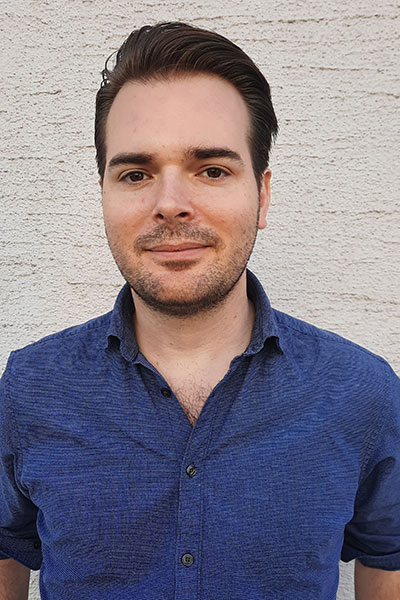
Bastiaan Willems
Bastiaan Willems is Lecturer in the History of War in 20th Century Europe at Lancaster University. He has studied in the Netherlands, the United Kingdom, and Russia, and has conducted research in Germany, Israel, Poland, Russia, and the United Kingdom. His publications include Violence in Defeat: The Wehrmacht on German Soil, 1944-1945 (Cambridge University Press: 2021), which examines the impact and behaviour of the Wehrmacht on its own territory, and the co-edited volume A Transnational History of Forced Migrants in Europe: Unwilling Nomads in the Age of Two World Wars (Bloomsbury: 2022, with Michal Adam Palacz), which explores forced migration in the first half of the twentieth century. His current project, Communities of Violence: Public Execution in Germany 1945, analyses the impact of German intra-ethnic violence on the German late-war society and on policies and discourse in the first years of the Federal Republic of Germany.
Dr Bastiaan Willems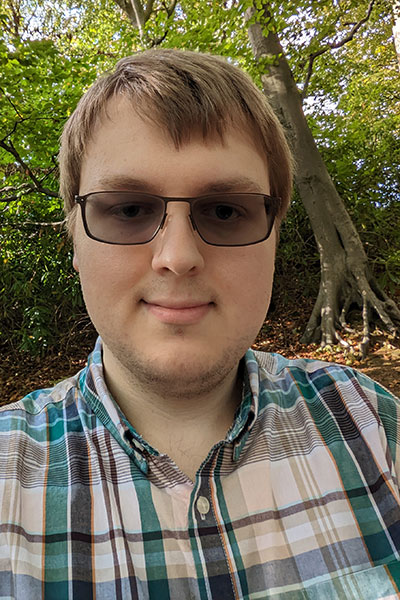
Jamie Winn
Jamie Winn is an ESRC-funded PhD student, supervised by Professor Basil Germond and Dr Mark Lacy. Prior to this, Jamie obtained a Bachelor’s degree in Politics and International Relations and a Master's degree in International Relations at the Universities of Sussex and Leeds respectively. Presently, Jamie is working to explore and understand Outer Space in International Relations, in particular, the security dimension of space and the role the private sector plays in this as it emerges at the forefront of humanity's twenty-first-century space endeavours.
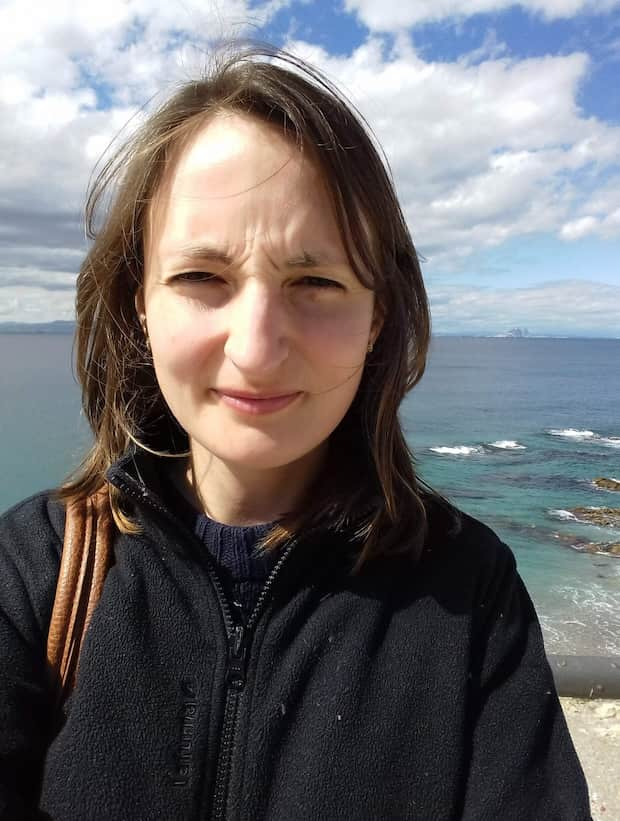
Stephanie Wright
I am a historian of modern Spain, with broader interests in the histories of disability, psychiatry, gender and sexuality. I am particularly interested in the long-term legacies of armed conflict, and my first research project explored the experiences of disabled war veterans of the Spanish Civil War from the perspective of those maimed while fighting on the victorious side of Francisco Franco. As part of this research, I have also written about Moroccan disabled veterans of the Civil War, as well as relationships which developed between Moroccan soldiers and Spanish women during the conflict. My current research explores sexual violence under the Francoist regime, with a particular emphasis on the role of forensic doctors and psychiatrists within court cases linked to sexual crimes.
Dr Stephanie WrightEarly Career Fellow
.jpg)
John Marshall
John Marshall is the CWD Early Career Fellow at Lancaster University, having previously been the Royal Historical Society's Centenary Fellow at the Institute of Historical Research, London. He completed his PhD at Trinity College Dublin, after obtaining a BA and MA in history from Dublin City University. John's research analyses transnational networks and expressions of power in medieval Britain and Ireland, with a particular focus on relations between the Plantagenets kings of England and the nobility and other powerful dynasts within their dominions such as the Irish kings and Welsh princes. He has published on aspects of his research in History and Irish Historical Studies, as well as editing primary source material for Analecta Hibernica and Studies in Medieval and Renaissance Sources.
Honorary Researchers
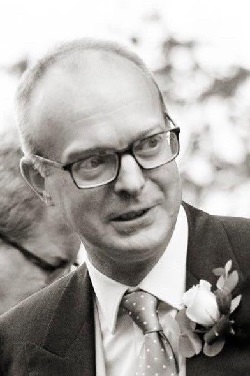
Nic Coombs
Nic Coombs is a former member of HM Diplomatic Service with over thirty years’ experience principally working in or on the Middle East. He graduated from Selwyn College, Cambridge in 1984 in English; the Foreign & Commonwealth Office (FCO) then sent him to be trained in Arabic at the School of Oriental and African Studies (SOAS), London and then to Cairo for final examinations. He has served in Amman, and twice in Riyadh. His second tour of Riyadh was as Counsellor Political 2000 - 2003 and he was instrumental in the opening of the Counter Terrorism dialogue with the Saudis in the aftermath of the Twin Towers attacks in New York. Nic has particular interests in Saudi Arabia, salafism and sectarianism, and the practice of diplomacy. He is a Teaching Fellow in PPR at Lancaster University.
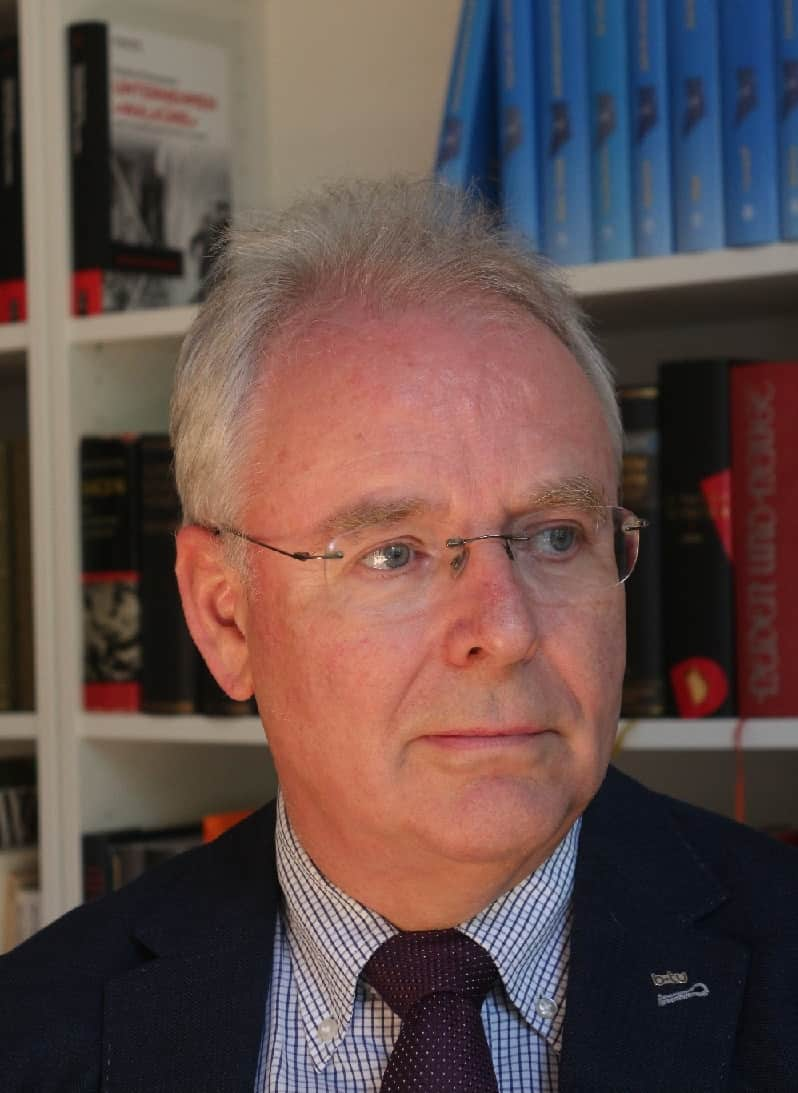
Winfried Heinemann
Professor Winfried Heinemann is a military historian who spent his career in the German Armed Forces’ military history services. In 2018, he retired as a Colonel, but continues to teach in the Brandenburg University of Technology at Cottbus (Germany). Winfried studied in the Ruhr University, Bochum, and at King’s College London. His Ph.D. thesis discussed the origins of political cooperation in NATO, indicating his tendency to combine history, security politics, and military questions into a broad approach. Amongst other things, he was a journal editor, the German Armed Forces Centre of Military History’s press spokesperson, and the desk officer responsible for military history in the German Ministry of Defence (1999-2001). He went on to supervise a research project on East German and Warsaw Pact military history. After attending the NATO Defense College, Rome, he eventually served as the Centre of Military History’s Deputy Commander and Chief of Staff. Winfried is the Associate and Book Reviews Editor of the International Journal of Military History and Historiography (Brill). His latest publication is a book placing the 20 July 1944 plot against Hitler in the context of 20th century German military history. The book won an award providing for its translation so that an English-language version is now available as well.

Evert Kleynhans
Prof Evert Kleynhans is an Associate Professor in the Department of Military History at the Faculty of Military Science of Stellenbosch University. He is the Editor of Scientia Militaria: South African Journalof Military Studies. Several of his articles and chapters have been published in academic journals and books. He is the author of Hitler’s Spies: Secret Agents and the Intelligence War in South Africa (2021), The Naval War in South African Waters, 1939-1945 (2022), as well as the co-author of 20 Battles: Searching for a South African Way of War (2023).
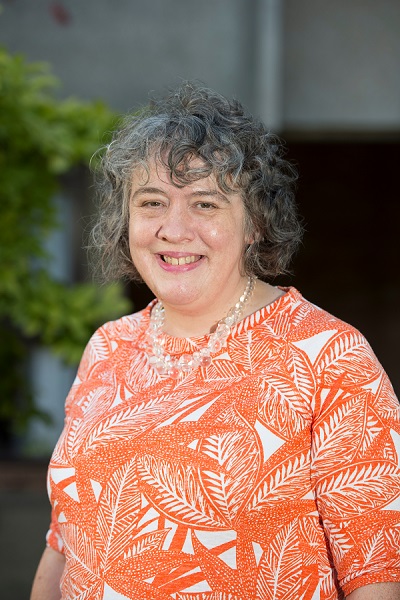
Gaynor Johnson
Gaynor has been Professor of International History at the University of Kent since 2013. Her major publications include The Berlin Embassy of Lord D'Abernon, 1920-1926 (Palgrave, 2002) and Locarno Revisited: European Diplomacy 1920-1929 (Routledge, 2004). Her interest in diplomats and British foreign policy led to The Foreign Office and British Diplomacy in the Twentieth Century (Routledge, 2005) and to Our Man in Berlin: The Diary of Sir Eric Phipps, 1933-1937 (Palgrave-Macmillan, 2008). She has edited a number of books on how states interacted with each other in the years leading to the Second World War. These themes are also explored in her most recent book, Lord Robert Cecil: Politician and Internationalist (Ashgate, 2013). Along with Professor John Keiger, University of Cambridge, she was the holder of a major AHRC grant for Networks and Actors in British and French Foreign Ministry Responses to the Idea of European Integration, 1919-1957. This examines British and French foreign policy from the perspective of civil servants/permanent officials rather than through the political elite. It also analyses the effect of formative influences, such as education, social background etc. on these people’s thinking about foreign policy issues. She is currently completing a book on British ambassadors to Paris in the interwar period as well as a prosopographic study of the role of women in British diplomacy in the twentieth century.
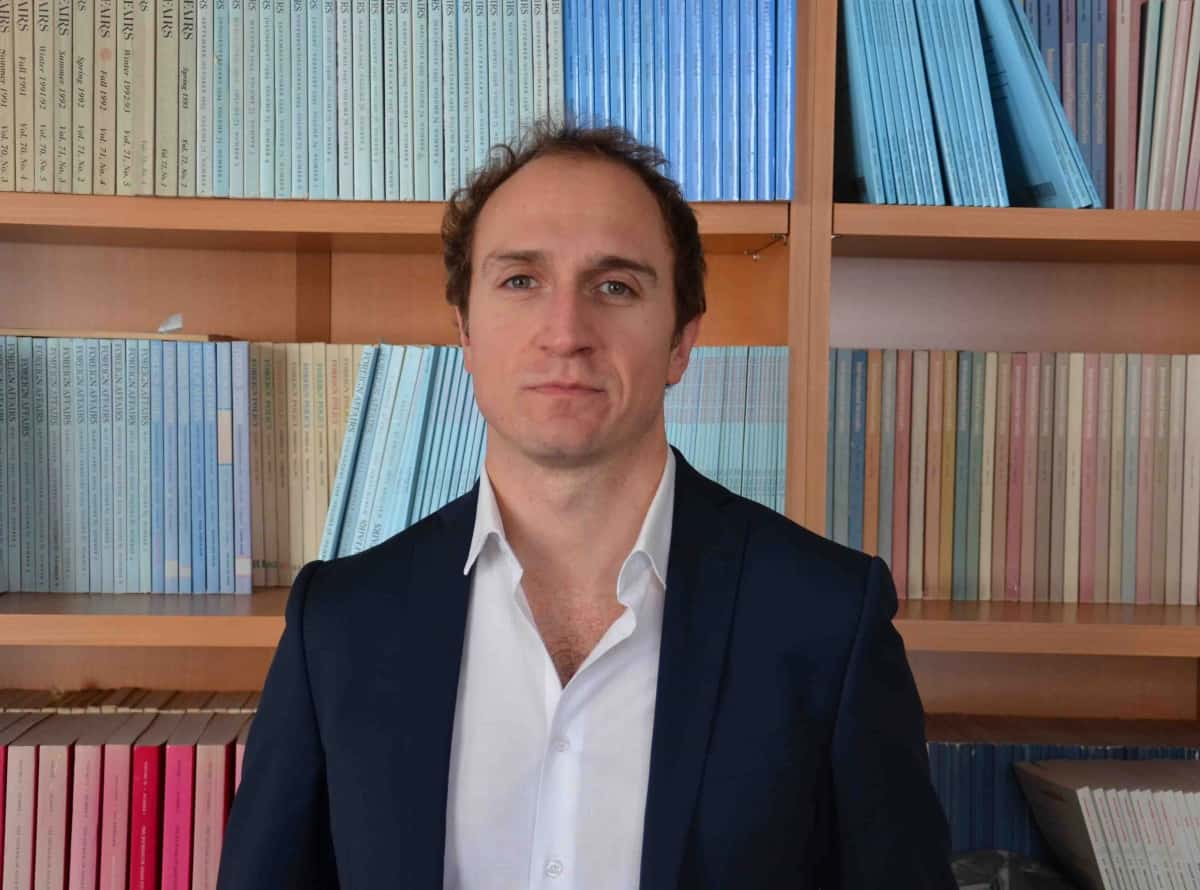
Hugo Meijer
Hugo Meijer is CNRS Research Fellow at Sciences Po, Center for International Studies (CERI). He is also the Founding Director of the European Initiative for Security Studies (EISS), a network of scholars from over eighty universities that share the goal of consolidating security studies in Europe. Previously, he was Marie Skłodowska-Curie Fellow at the European University Institute (EUI, Florence), Lecturer in Defence Studies at King’s College London and a Researcher at the Institute for Strategic Research (IRSEM, Paris). He received his Ph.D. in International Relations from Sciences Po in 2013 (cum laude). Recent publications: The Handbook of European Defence Policies and Armed Forces (Oxford University Press, 2018), co-edited with Marco Wyss; La politique étrangère: approches disciplinaires [Foreign Policy: Disciplinary Approaches] (Montreal University Press, 2018), co-edited with Christian Lequesne; Trading with the Enemy: The Making of US Export Control Policy toward the People’s Republic of China (Oxford University Press, 2016); Origins and Evolution of the US Rebalance toward Asia: Diplomatic, Military, and Economic Dimensions (ed.) (Palgrave Macmillan, 2015). He has also published in such journals as Cooperation and Conflict, Journal of Strategic Studies, European Journal of International Security and the Journal of Cold War Studies.
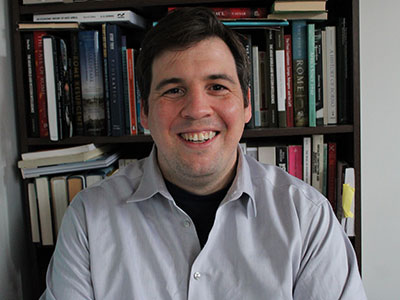
Nathaniel Powell
Nathaniel Powell received his PhD in International History from the Graduate Institute of International and Development Studies (IHEID), Geneva. His research focuses on the Cold War in Africa and the history of postcolonial Franco-African relations, particularly in the field of security policy and military interventions. He is the author of France's Wars in Chad: Military Intervention and Decolonization in Africa (Cambridge University Press, 2021). His current research focuses on the role of Franco-African intelligence and other security actors as conduits of French influence in former African colonies and as tools for authoritarian consolidation and statebuilding in France’s former empire. He is also working on a history of the Cold War in Zaire in the 1970s, with a focus on the relationship between Zairian dictator Mobutu Sese-Seko and his foreign backers, notably France and the United States. He has peer-reviewed publications in journals such as International History Review, African Security, Journal of Cold War Studies, Relations internationales, Refugee Survey Quarterly, and reviews such as Les Temps modernes. He has also published in press outlets such as The Conversation, Welt-Sichten, War on the Rocks, Libération, Foreign Affairs, and openDemocracy.
Associate Members
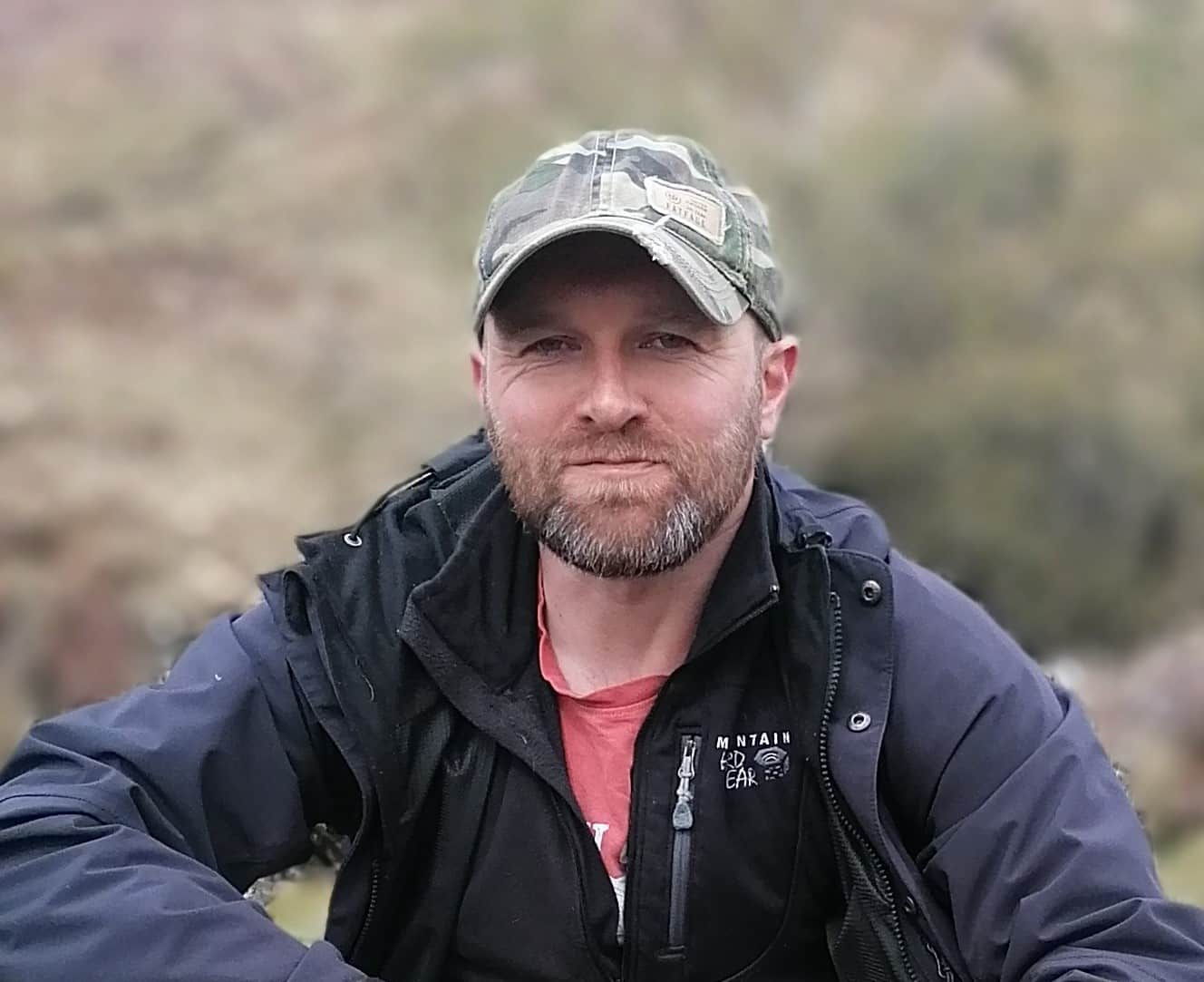
Sam Edwards
Dr Sam Edwards is Reader in Modern Political History at Loughborough University. An expert on war, memory, and transatlantic relations, Sam has published widely, including a monograph with Cambridge University Press that was shortlisted for the Royal Historical Society’s Gladstone Prize – Allies in Memory: World War II and the Politics of Transatlantic Relations, c.1941-2001 (2015). Sam completed his doctoral research at Lancaster before spending a year as a Fulbright Distinguished Scholar at the University of Pittsburgh. He returned to the UK in 2010 to take up a lectureship at Manchester Metropolitan University where he was, variously, Head of History, founding Director of the Manchester Centre for Public History and Heritage, and, finally, Head of the Department of History, Politics and Philosophy. He joined Loughborough in 2023.
Sam's research has been funded by, among others, the ESRC, the US-UK Fulbright Commission, the US Army Military History Institute, the US Naval War College, and the USAF Academy Library. In 2019, Sam was elected a Visiting Research Fellow at the Rothermere American Institute (Oxford), and in 2021 he was Research Fellow in Residence at the Fred W. Smith Library for the Study of George Washington, Mount Vernon, Virginia. Sam is a regular contributor to the media, and has provided expert commentary to BBC Breakfast, BBC Radio, CNN, and Sky News. His words have featured in The Washington Post, The Independent, War on the Rocks, History and Policy, BBC Online, and The Conversation. A Fellow of the Royal Historical Society and a Senior Fellow of the HEA, Sam is also a Trustee of Sulgrave Manor and of The American Library.

David McFarland
David McFarland is a former member of the British Army’s Intelligence Corps where he was a military intelligence operator and operational intelligence instructor at the UK’s Defence School of Intelligence. This work saw operational deployments across the globe and included an extended period conducting defence diplomacy in East Africa. As an independent consultant he has served multiple mandates as an Expert on Mission for the United Nations Security Council conducting investigations and advising on sanctions matters. He is the author of the book Understanding Hybrid Warfare: Navigating the smoke and mirrors of international security and was awarded an MBE in 2016.
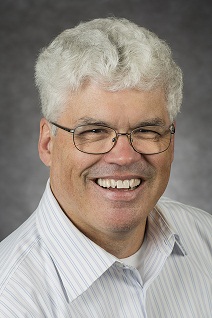
Thomas R. Mockaitis
Thomas R. Mockaitis is Professor of History at DePaul University. As a subject matter expert for the Institute for Strategic Governance he has lectured on terrorism and insurgency at venues around the world. Professor Mockaitis was the 2004 Eisenhower Chair at the Royal Military Academy of the Netherlands. He has lectured at the NATO School (Germany), Marshall Center (Germany), the U.S. Marine Corps Command and Staff College, and the Canadian Forces Staff College, and presented papers at the Pearson Peacekeeping Center (Canada), the Royal Military Academy Sandhurst (UK), and the Austrian National Defense Academy.
Dr. Mockaitis is the author of numerous books and articles, including Violent Extremists: Understanding the Domestic and International Terrorist Threat, Conventional and Unconventional War: A History of Conflict in the Modern World; The COIN Conundrum, Soldiers of Misfortune?; Avoiding the Slippery Slope: Mounting Interventions, Iraq and the Challenge of; The “New” Terrorism: Myths and Reality; Peacekeeping and Intrastate Conflict: the Sword or the Olive Branch?; British Counterinsurgency in the Post-Imperial Era; and British Counterinsurgency: 1919-1960, which was awarded the 1990 Templer Medal by the Society for Army Historical Research. Dr. Mockaitis earned his B.A. in European history from Allegheny College, and his M.A. and Ph.D. in modern British and Irish history from the University of Wisconsin-Madison.
A frequent media commentator on terrorism and security matters, Dr. Mockaitis has appeared on local, national and international news programs. He is a regular opinion contributor to The Hill.

Johanne Marie Skov
Johanne Marie is a historian of the Cold War relationship between the Western Bloc and the Middle East, with a particular focus on arms transfers. She completed her PhD at Lancaster University in 2023. Her PhD research explored how Britain was able to compete with its Cold War allies, the United States and France, to win the Saudi Al Yamamah I arms deal of 1985, against all odds. Her research cuts across multiple academic disciplines including, International Studies and Politics, in addition to modern History. Johanne Marie’s interests span from Gulf security politics, international arms transfers, Western intra-Bloc rivalry, and the nature of oil power, to Saudi international policies and in particular, how Saudi Arabia manoeuvred between the major Western powers. Before returning to academia, Johanne Marie spent several years in the Middle East and North Africa in both civilian and military capacity.

Edward Stoddard
Dr Ed Stoddard is an Associate Professor in International Security in the Centre for European and International Studies Research at the University of Portsmouth, a Visiting Professor at the College of Europe (Natolin) in Warsaw, and an Affiliate Fellow in the Emerging Research on International Security (ERIS) Research Group at the Sant'Anna School of Advanced Studies in Pisa. His most recent research has focused on armed conflicts involving so-called 'jihadist' violent extremist insurgencies in Sub-Saharan Africa, particularly Islamic State affiliates in the wider Sahel. In addition to this, he has a research interest in the military practices of authoritarian states, 'remote' warfare, the military ‘hybridity’ of non-state armed groups and the security of energy and other commodities. He is the lead (principal investigator) of a 3-year British Academy-funded project "The Sahel Crisis in Historical Perspective: Supporting a Conflict-Sensitive Approach Through Interdisciplinary Research." Formerly, he was a Marie Curie Fellow at the Sant'Anna School and a Postdoctoral Fellow at the Freie Universität Berlin.
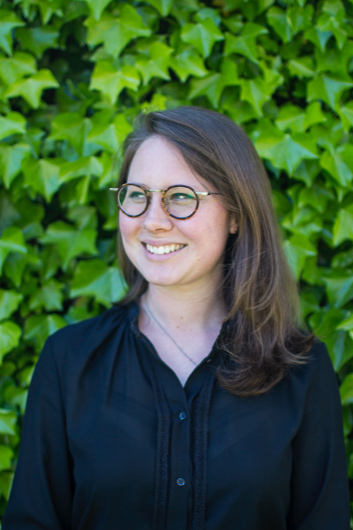
Sarah White
Dr Sarah White is an Assistant Professor in Law and Co-Director of the History of Law and Governance Centre at the University of Nottingham. Prior to this, she was a Lecturer in Medieval History at Lancaster University from 2021-2023 and a Research Fellow at the University of St Andrews' Institute of Legal and Constitutional Research from 2017-2021, working on the European Research Council funded comparative legal history project: 'Civil Law, Common Law, Customary Law: Consonance, Divergence and Transformation in Western Europe from the Late Eleventh to the Thirteenth Centuries'. She undertook a PhD in legal history at the University of St Andrews, focusing on the development of court procedure and legal argument in the thirteenth-century ecclesiastical Court of Canterbury. She also holds a diploma in manuscript studies from the Pontifical Institute of Mediaeval Studies (Toronto), with a focus on diplomatics and textual editing (funded by a Mellon Fellowship).
Sarah has a background in medieval legal history, researching the development of court procedure, the legal profession, and the interaction between law and religion. Sarah's main research interests combine law, history, and religion, particularly as pertains to the historical development of English ecclesiastical law, Common Law, and the courts of equity in the medieval period. Broadly, her research looks at the intersection of law and religion through the works of the canon (ecclesiastical) lawyers of twelfth- and thirteenth-century England. Her upcoming research is an interdisciplinary project examining the school of the Anglo-Norman canonists to bring a new perspective to the church/state debate, exploring how interconnected different legal traditions were in solving disputes on local to international levels. She has also published on various aspects of court procedure and litigation and has a forthcoming volume on medieval wills (along with related articles on the development of trusts, uses, and probate jurisdiction).
Advisory board
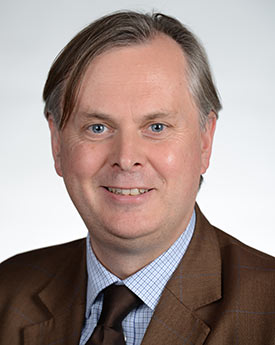
Simon Guy
Professor Simon Guy is chair of the Advisory Board of the Centre for War and Diplomacy. He is Dean of the Faculty of Arts and Social Sciences (FASS) at Lancaster University and will soon take up the role of Pro-Vice-Chancellor Digital, Global and Development at Lancaster. Simon began his career as an engineer before beginning his academic life pursuing studies in the humanities and cultural sociology. Situated within schools of architecture and planning, Simon has focussed upon sustainable urbanism where his interdisciplinary and international research connects architecture with urban planning, the property sector with utilities, academia with industry. He has established links with academics in North America, Asia and Europe and has held research fellowships in Tokyo, Paris, Berlin, Graz, Leuven, California and Singapore. Simon has published around sixty refereed article, over thirty book chapters and six books. He has been responsible as a principal or co-investigator for around £4.5 million of research income (£2.5 million as PI) derived from a variety of sources including RCUK, European and industry funds. These funds have been spread across the social sciences, the arts and humanities and engineering, as well as across both environmental (Global Environmental Change) and economic themes (Cities and Economic Competitiveness).
.jpg)
Peter Collecott CMG
Dr Peter Collecott is a former British career diplomat. He served abroad in political and economic roles in Sudan, Australia, Indonesia, Germany and, finally, Brazil, where he was British Ambassador from 2004-2008. In London, Peter had a series of political jobs dealing with Portugal, Iran and Iraq (during the Iran/Iraq conflict), and the external relations of the European Community. Later in his career, he was the CFO of the Foreign and Commonwealth Office, and then Head of the Administration. Peter took a first-class degree in mathematics at St John’s College, Cambridge, spent a year at MIT as a Kennedy Scholar, and then returned to St John’s to obtain a PhD in Theoretical Physics. He then was a Royal Society Fellow at the Max Planck Institute for Physics and Astrophysics in Munich, before joining the Foreign and Commonwealth Office. Peter has acted as an Adviser to major British companies doing business with Brazil, to The Prince’s Charities’ International Sustainability Unit, and to the Government of Catalonia; and as the Chair of Canning House. He is currently Co-chairman of The Ambassador Partnership, a network of British and other former Ambassadors engaged in intermediation between companies and governments, and in training. He lectures on Brazil, international relations and diplomacy, and Brexit.
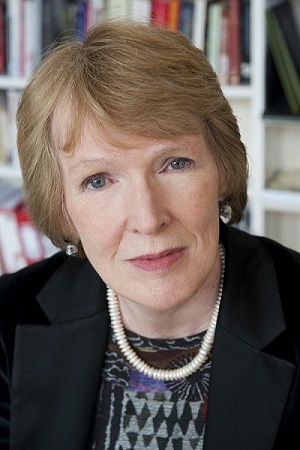
Margaret MacMillan
Margaret MacMillan is an historian and academic administrator. She was Warden of St Antony’s College, University of Oxford from 2007 to 2017. She is an emerita professor of International History at Oxford and a professor of History at the University of Toronto, as well as a trustee of the Central European University and the Imperial War Museum.
Her research specializes in British imperial history and the international history of the 19th and 20th centuries. Publications include Peacemakers: The Paris Conference of 1919 and Its Attempt to End War (2001) (also as Paris, 1919 in the United States); Seize the Hour: when Nixon met Mao (2006) (also as Six Months that Changed the World); The War that Ended Peace: How Europe abandoned peace for the First World War (2013) and History’s People: Personalities and the Past (2015). In 2018 she gave the BBC’s Reith Lectures. She comments frequently in the media on international affairs.
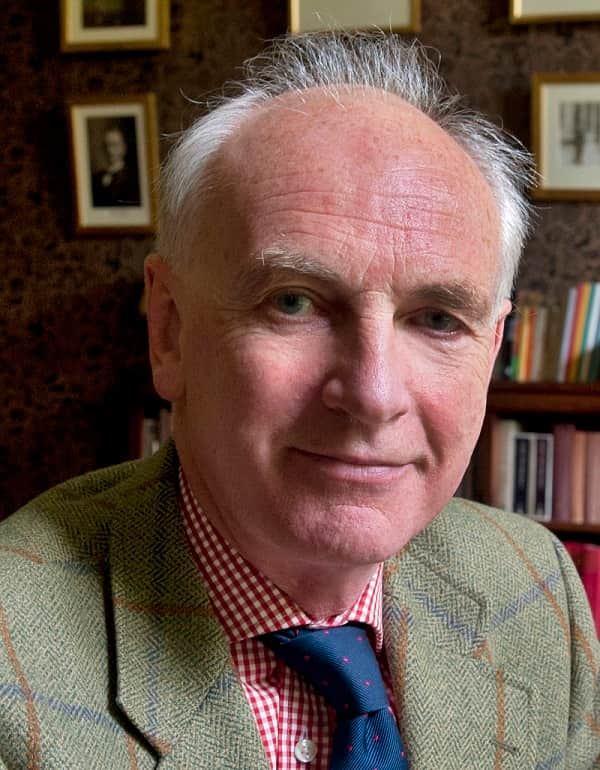
Sir Hew Strachan
Hew Strachan, FBA, FRSE, Hon. D. Univ (Paisley) has been Wardlaw Professor of International Relations at the University of St Andrews since 2015. He is a Life Fellow of Corpus Christi College, Cambridge, where he taught from 1975 to 1992, before becoming Professor of Modern History at Glasgow University from 1992 to 2001. He was Chichele Professor of the History of War at the University of Oxford and a Fellow of All Souls College 2002-15 (where he is now an Emeritus Fellow), and Director of the Oxford Programme on the Changing Character of War 2003-2012. He was a Commonwealth War Graves Commissioner 2006-18 and a Trustee of the Imperial War Museum 2010-18, and a member of the national committees for the centenary of the First World War of the United Kingdom, Scotland and France. In 2010 he chaired a task force on the implementation of the Armed Forces Covenant for the Prime Minister and has been a member of the Covenant Reference Group since its inception. In 2011 he was the inaugural Humanitas Visiting Professor in War Studies at the University of Cambridge and became a specialist adviser to the Joint Parliamentary Committee on the National Security Strategy. He is an Ensign in the Queen's Bodyguard for Scotland (Royal Company of Archers), and in 2014 was appointed Lord Lieutenant of Tweeddale. In 2016 he was awarded the Pritzker Prize for Lifetime Achievement for Military Writing. His recent publications include The Politics of the British Army (1997); The First World War: To Arms (2001); The First World War: a New Illustrated History (2003); and The Direction of War (2013).

